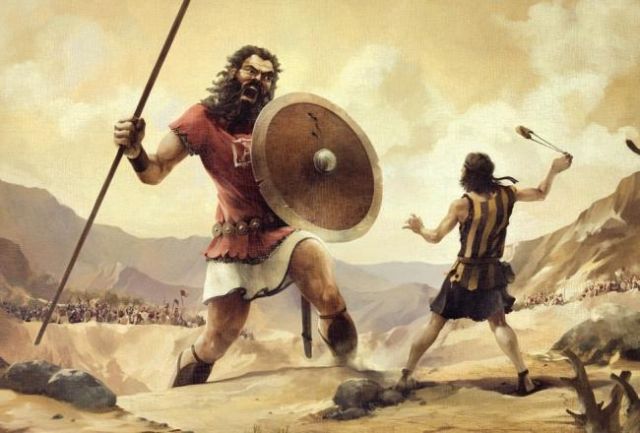SPORTS: Let’s Root, Root, Root for the Scrappy Team: Stephen L. Carter

published Nov 3rd 2016, 9:21 am, by Stephen L. Carter
(Bloomberg View) —
There’s a theory in psychology that we root for underdogs because we perceive them as scrappy. They work harder than the other guys. For champions, it all comes easy. For the underdogs, it’s all struggle and sweat.
Wednesday night, a pair of scrappy underdogs in the Chicago Cubs and Cleveland Indians gave us the gift of a World Series Game 7 that pundits are already saying will live in the annals of history. Probably they’re right.
But let’s get back to the underdogs. Does the theory only work in sports?
Evidently not. In a paper published in 2007, researchers at the University of South Florida describe an intriguing experiment. Undergraduates were given several scenarios, with various parties described as underdogs. In a hypothetical sporting event, when told that one team was the favorite, they tended to root for the other. The researchers found that whether the topic involved the Olympic Games or the Israeli-Palestinian conflict, the readers’ sympathies shifted according to cues in the material telling them which side was the underdog.
In a later experiment, the same researchers discovered that some two-thirds of political partisans described their own candidate as the underdog, regardless of the candidate’s standing in the polls. This is consistent with the well-documented tendency to attribute positive qualities to underdogs and negative qualities to favorites. In order for our party to earn its positive qualities it must be the one expecting defeat.
Indeed, one of the most striking facets of American politics is what the historian Richard Hofstadter long ago labeled “the paranoid style”: Strong partisans tend to see vast, powerful, malevolent forces manipulating events. Political campaigns become not merely opportunities for discourse and democratic activity but crusades to defeat the secret masters of our destinies. The struggle is always Manichaean.
Another way to think about it is that by casting our side as the underdog, the side that’s supposed to lose, we touch deep instinctive wellsprings of empathy for the downtrodden. We identify with the underdog because we feel like underdogs, constantly on the edge of disaster.
This, of course, explains a good part of our tastes in popular culture. You can go to a Star Wars movie knowing nothing about the back story, but the words crawling across the screen in the opening minutes tell us which side to root for. We know they must be the good guys precisely because they are small and scrappy. Nobody makes movies in which we are supposed to root for the Evil Empire.
Some of our empathy may be rooted in history. The U.S., powerful as we may be, is still a very young country when compared with the rest of the world. We still teach our origins, and honor our founders to an extent that few other countries still do. And what do we honor them for? Winning a revolution. True, the historians tell us that the colonies were actually the favorites. But to us, they will always be the lovable, scrappy underdogs.
This column does not necessarily reflect the opinion of the editorial board or Bloomberg LP and its owners.
To contact the author of this story: Stephen L. Carter at scarter01@bloomberg.net To contact the editor responsible for this story: Stacey Shick at sshick@bloomberg.net
For more columns from Bloomberg View, visit Bloomberg view
copyright
© 2016 Bloomberg L.P







No Comment